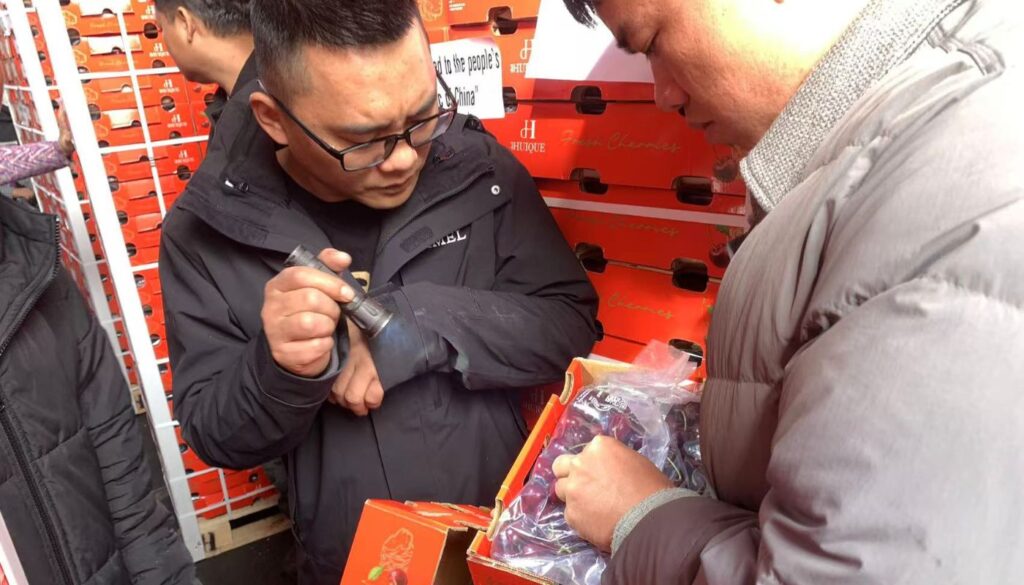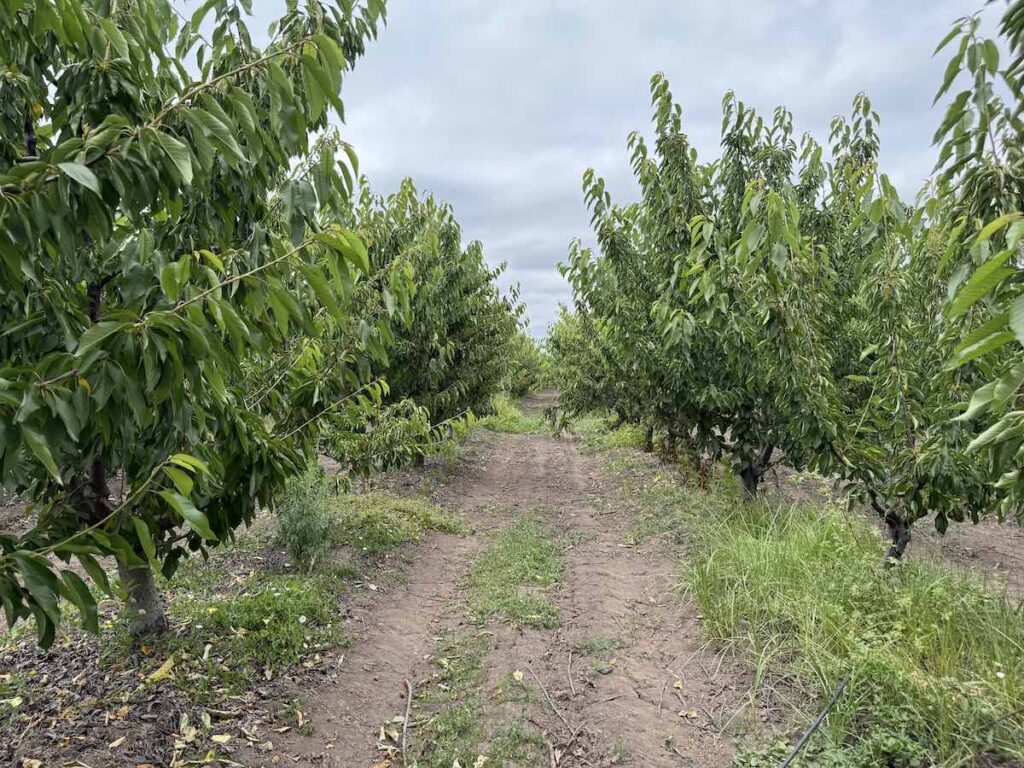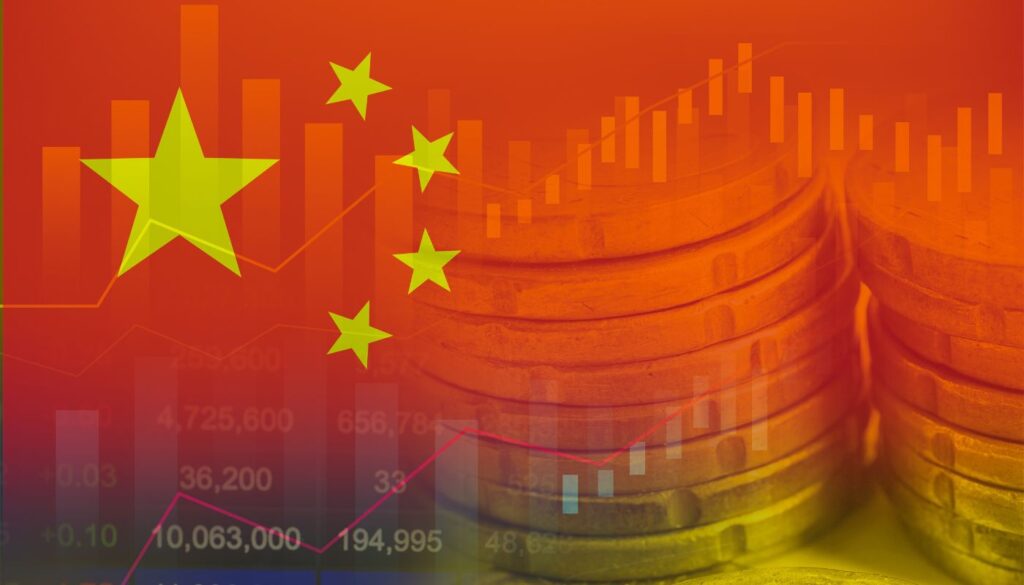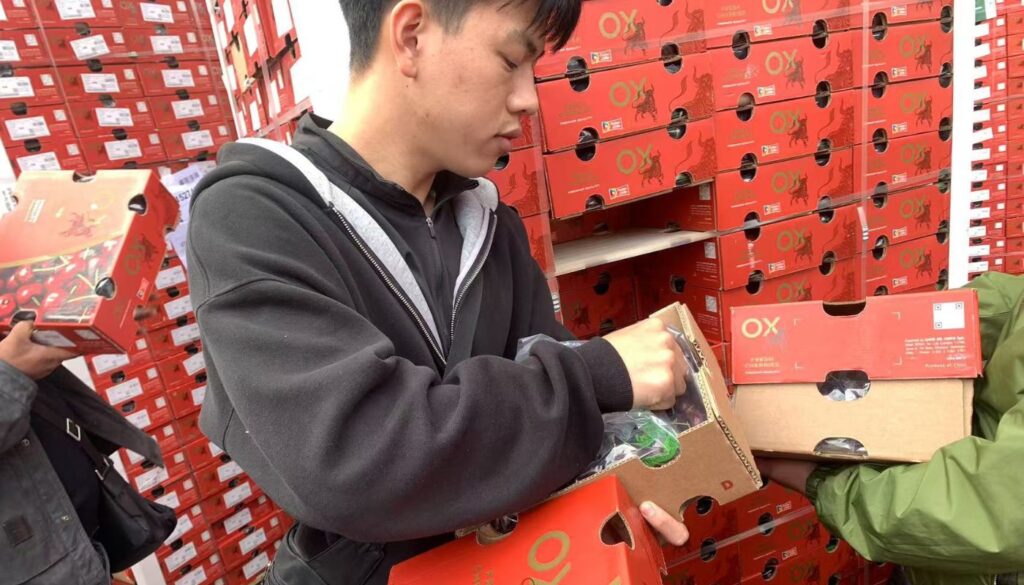Chile is the world's leading exporter of cherries, and this is nothing new. Season after season, this fruit from the South American country reaches different places around the world, leaving an indelible mark, although there is one market that stands out above the rest: China.
There, the cherry is more than just a food, it is an object of desire, as it represents prosperity, good fortune, luck and more. It is not surprising then that more than 90%* of Chilean cherries end up on the tables of the inhabitants of the Asian giant.
Specifically, it is the weeks and days leading up to the Chinese New Year that are when sales peak in places like Hong Kong or Guangzhou. After this date, other challenges remain, such as selling subsequent varieties, which has given rise to various questions, including: what other markets can be covered?
For Isabel Quiroz, Executive Director and founding partner of the market consulting firm, iQonsulting, there is one place that must begin to take center stage: India.
But how to start?
«The first thing is that it will be very difficult to find a market like China with the value they add to fruit, which represents something more, it is for this value that they are willing to pay very high prices. However, we have to develop other markets and India has a large population, which at some point will even surpass the population of China, and they also value fruit very highly, as food in this case. There is a population of rich people, with very high incomes, which is more or less 10% of the population. If we think that India today has 1.4 billion inhabitants, we only have to take into account what that 10% means, that they can pay very high prices for a fruit as delicate and wonderful as the cherry,» explains the specialist.
Despite this, entering the market in that country with cherries has a number of complexities, the main one being the lack of infrastructure. Although Fruit exports from Chile to India are growing, cherries are known for their delicacy and short shelf life once harvested, which requires logistics and speed. And although this implies a great challenge, it is not at all a new scenario in the local fruit industry.
«We have a problem in India. It is true that it is a large market, it is true that they value cherries, but they do not have the infrastructure. But, just as China started, they did not have the infrastructure to receive this fruit that is so delicate. The Chileans themselves went to China, they established themselves, they rented refrigerators, I am talking about 20 years ago, they even began to form associations to build refrigerators, they looked for a way to take care of the fruit when the containers arrived. So, India also offers this opportunity and it is probably the Chileans themselves who perhaps, in association with the Indians, can establish a better infrastructure for its care and distribution […] that allows not to be in a hurry to arrive and go to the market immediately,» Quiroz adds.
India is a unique case, it cannot be compared with other markets…
“Yes, that is what I recommend for Asian markets with less infrastructure like India, but not for cases like the United States or Europe, where the strategy is completely different; it has to be a regular supply of fruit and fruit delivery programs to supermarkets, this is where we are failing today because we are mainly focused on serving our main market, China.”
Also, in the United States, the level of competition, the level of marketing is completely different, even from a cultural point of view…
«Yes, in fact, there is a kind of anger on the part of importers because the promises of cherry shipments are not fulfilled, for example, this season, China has increased 8% compared to the volume we sent last year with less fruit than last year, and that is because the market is so good that exporters are more willing to supply the market that pays them more, instead of complying with the programs they have committed to for free consignment with the traditional markets of Chile», he concludes.







